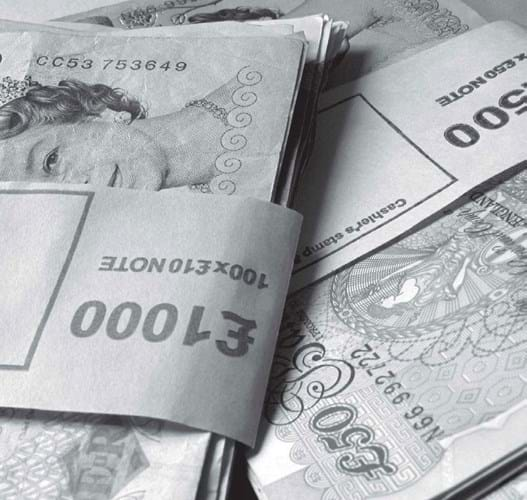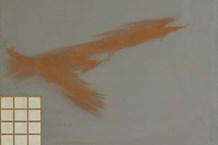
The new rules (applying the 5th Money Laundering Directive known as 5MLD) took effect today (January 10).
They require auction houses, art galleries and dealerships to conduct stricter due diligence on buyers who purchase from them works of art above a threshold of €10,000 (see below).
Full guidelines were yet to be published as ATG went to press. The updated regulation also requires Art Market Participants (AMPs) – anyone trading in or acting as an intermediary in the trade of works of art that sell for above the threshold – to register (and a pay a fee) with HMRC.
Works of art definition
Works of art under this regulation are defined as the same as in the current VAT legislation, which excludes items such as antique furniture, porcelain, books or clocks.
This means those not engaged in the selling of items classified as ‘works of art’ under this definition will not need to register with HMRC as AMPs – a process that involves a fee of £300 per premises plus £40 per responsible person within the business.
Trade bodies involved in liaising with HMRC on the revised law welcomed this clarification.
But existing laws (eg the existing money laundering regulations for ‘High Value Dealers’ and the Proceeds of Crime Act regime) still require due diligence for transactions across a wide range of goods – well beyond the narrow definition of works of art.
HMRC and the Treasury are due to publish full guidance on the new regulation “shortly” which aims to assist with understanding and applying these regulations in practice.
The British Art Market Federation (BAMF) and its trade association members have been involved in drafting the document.
BAMF chairman Anthony Browne said: “We’ve been in detailed discussions with Treasury and HMRC for many months and are awaiting formal approval to publish the new guidelines.”
Risk assessment
Art Market Participants (AMPs) selling works of art over the threshold are advised to prioritise risk-assessing their business and putting policies and procedures in place to comply.
The new regulation brings AMPs within the existing law previously covering High Value Dealers (and banks, solicitors etc) in The Money Laundering, Terrorist Financing and Transfer of Funds Regulations 2017.
Businesses have a year to register as AMPs and HMRC said: “While firms are expected to be compliant with the new requirements from January 10, HMRC will take into account the short lead-in time businesses have been given to implement all the new requirements in assessing the response to any non-compliance. Each case will be assessed on its own merits.”
Failure to complete registration during the year 2020, however, will mean a business cannot trade in works of art above the threshold after January 1, 2021 (until it registers).
To comply with The Money Laundering and Terrorist Financing (Amendment) Regulations 2019 Art Market Participants (AMPs) must:
■ Put in place an anti-money laundering policy and risk assessment tailored to your business, including written polices, controls and procedures to ensure customer due diligence is performed on those involved in transactions of €10,000 or more plus enhanced due diligence for high-risk transactions
■ Establish a record-keeping system as you will need to hold client and transaction documentation (eg proof of ID such as a passport)
■ Appoint an Anti-Money Laundering Reporting Officer (and a deputy if relevant)
■ Staff must be AML trained and a written training record kept
■ Be aware of how and when to make a suspicious activity report to the National Crime Agency
gov.uk/money/money-laundering-regulations






